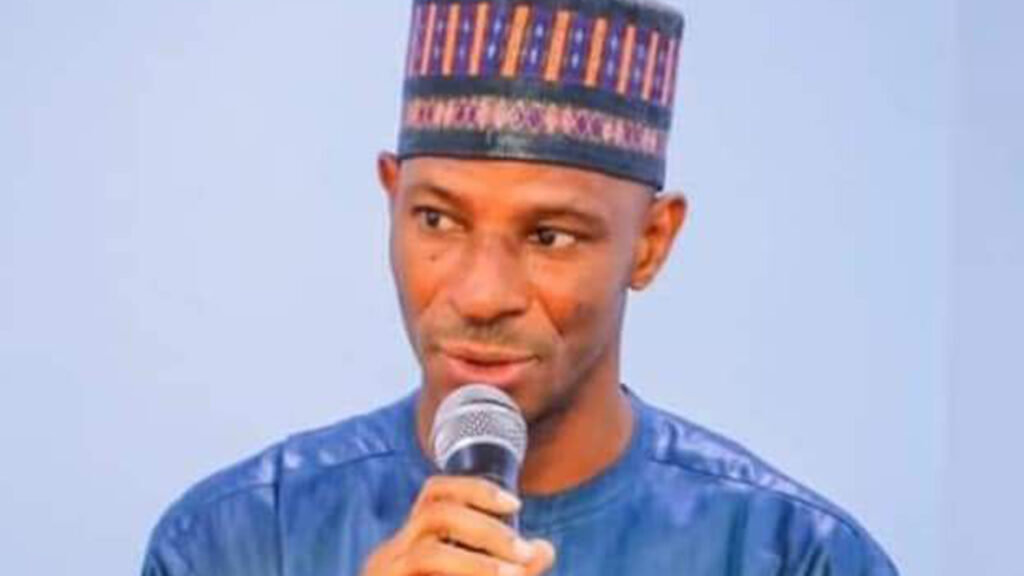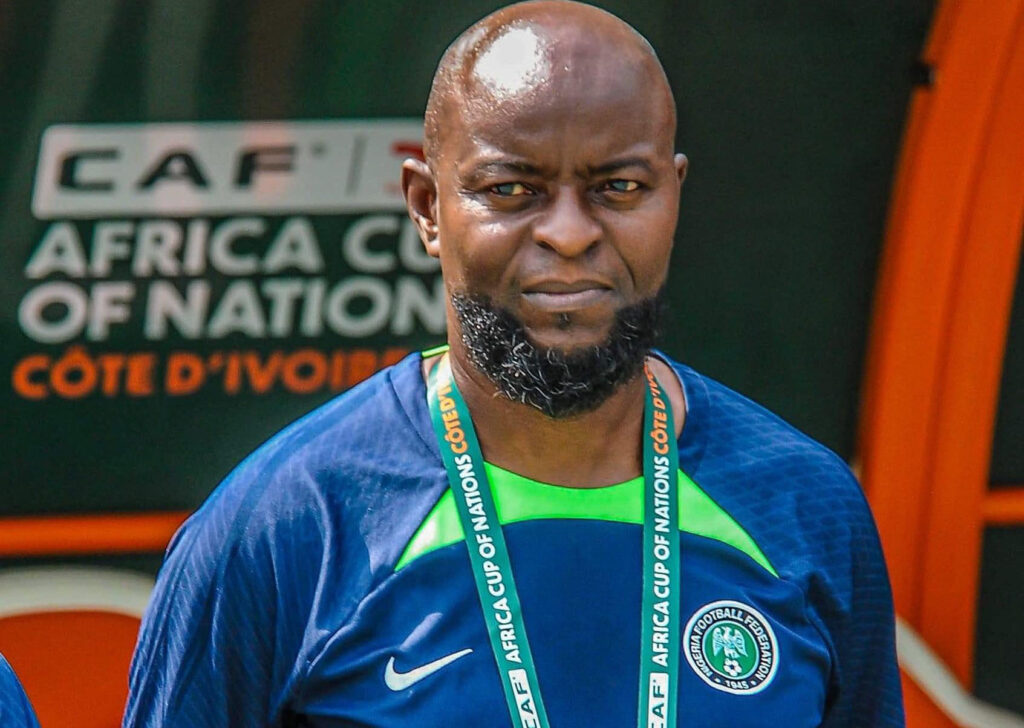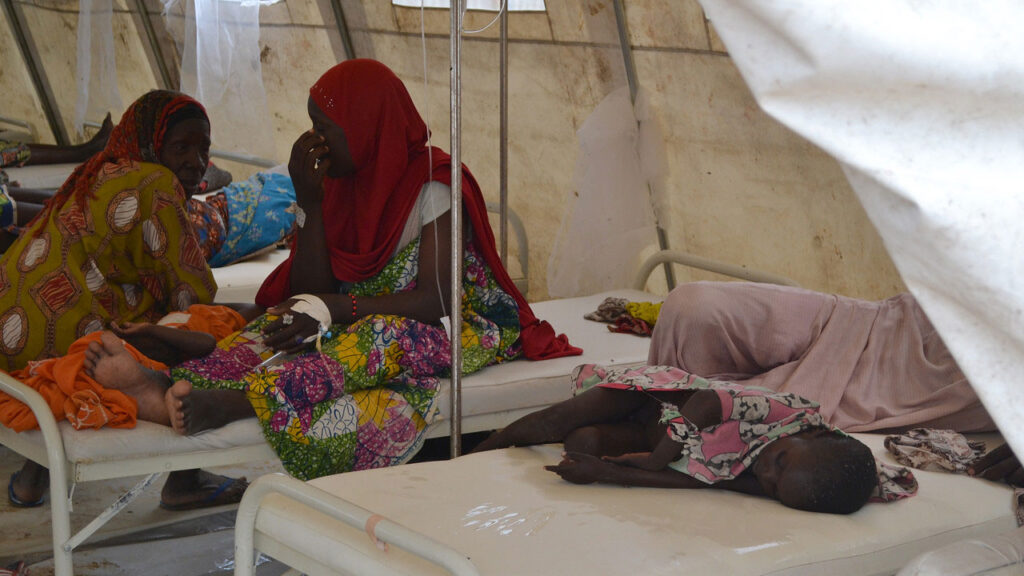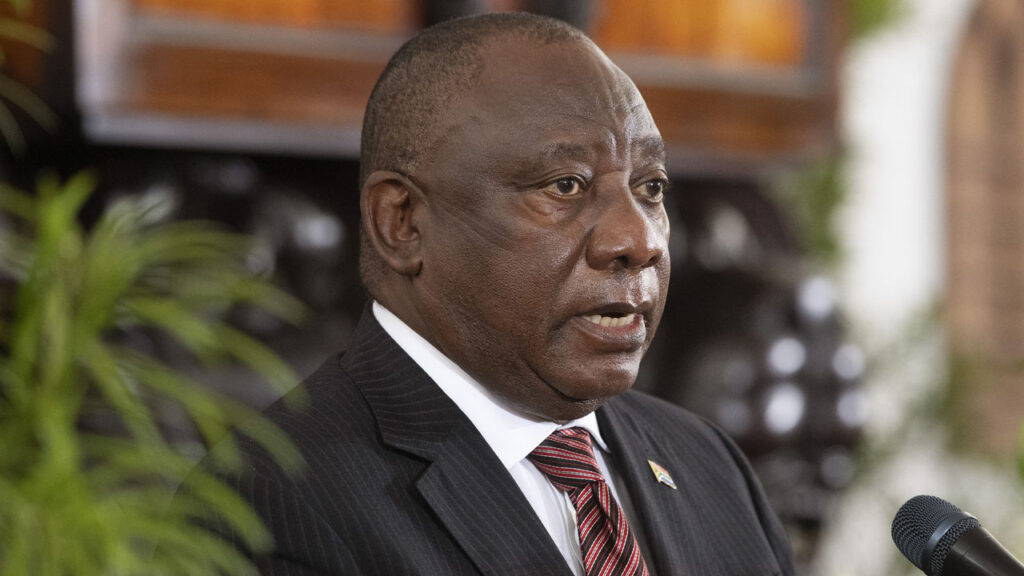
The tragedy of the train attack by kidnappers in the Igueben Railway station in Edo State notwithstanding, the police and other law enforcement agencies that rescued the victims deserve some commendation. If nothing else, they spared Nigerians from the agony of having their relations holed up by force in the forest for months, as happened in the similar train attack along Abuja-Kaduna route. Reports indicate that the last two of the 20 kidnapped victims in Edo have been rescued. And unlike the Abuja-Kaduna incident where no one was reportedly apprehended, seven suspects, including two traditional rulers are currently said to be in police custody from the Edo attack.
Nonetheless, recurrent terror attacks on critical state infrastructure smirk of an overarching incompetence of both the state security agencies and the Federal Government that controls them. It is damaging enough that a similar dastardly attack happened some months ago and the wounds are far from healing. Another rehash of the same plot signposts an authority that has learnt nothing concrete and a government that is competency-challenged. For the umpteenth time, it is worth emphasising that state governments cannot continue to depend on today’s Nigeria police for security and expect a different narrative in the protection of lives and property.
Once bitten, twice shy. To be twice bitten is a disgrace for any people that have a sense of self-worth. A second daylight attack and abduction of citizens, this time on the Warri-Itakpe rail line, speaks volumes of the awful legacy and dismal prowess of national security apparatus under President Muhammadu Buhari.
The train attack, at the Tom Ikimi/Ekehen Station in Igueben, Edo State is agonising to the entire globe. The police press statement described it as an attack by a large number of “herdsmen” armed with AK-47 rifles, who from the forest invaded the station just minutes to the arrival of the Warri-bound train. At the end, they abducted staff and passengers, numbering over 20.
Symbolically, the attack was reminiscent of the March 28, 2022 attack on Abuja-Kaduna rail when bombs exploded midway and terrorists instantly killed nine and abducted 62. One would have expected a paradigm shift in the security arrangement that is more proactive than reactive – which turns out to be more grueling emotionally and financially. Recall that it took the Federal Government over eight months to secure the release of abductees and much longer time to bring the high-end rail service back to operations. Besides the growing apathy for rail transport nationwide, this pocket of attacks has thrown into jeopardy over $4.12 billion worth of borrowed funds that this administration has sunk into rejuvenation of rail transportation.
Edo State Governor, Godwin Obaseki, had blamed the Nigerian Railway Corporation, accusing the railway authorities of negligence. According to him, the Kaduna train attack should have taught the train managers to beef up security at their facilities nationwide.
Traditionally, governments are meant to solve problems and Nigeria has several of them. In the area of security, the Nigeria police is the constitutionally-designated law-enforcement arm of the state, with the remit to uphold law and order. Yet, the Nigeria police is structurally flawed and a mockery of a real Federal State. A police formation that takes orders from Abuja to deal with local miscreants in remote local councils is an aberration. Lacking in funding and requisite trained personnel, the police are more adept in forming rings around VIPs than strategically policing the state. And typical of the bureaucracy in a government setting, there is no coordination whatsoever between the police and other sister agencies. Therefore, intelligence gathering and its assessment – the pastime of modern security agencies – have literally vanished and without anyone asking questions!
Buhari and the ruling All Progressives Congress (APC) acknowledged this dysfunctional system and more than twice elected to fix it. They didn’t, solely because of selfish reasons and their lack of empathy for the citizenry that are daily killed or abducted nationwide. Contrary to his pre-2015 election pledges and recommendation of the APC Restructuring Committee on state policing, Buhari blatantly rejected decentralised policing, yet rooted for no workable alternative to curb worsening insecurity nationwide. In a national broadcast to douse the EndSARS protest in 2020, promises were also made on police reform that has seen no light of the day. Most convenient is to consistently wish-away the severity of insecurity and attendant need to reform the police for intelligence and efficiency.
In reality, security is collapsing under Buhari’s watch and the numbers are at variance with official feel-good self-appraisal. Notably, the Sahel region as a whole has been the hotbed of internecine battle for supremacy among rival gangs, with domino effects on civilian populations. In the contiguous boundary that has Nigeria, Niger, Mali, Cameroun, Chad and Burkina Faso, the United Nations reported that the Jihadist criminal gangs and other armed groups have been busy fighting, forcing the closure of more than 10,000 schools and 7,000 clinics.
In Nigeria alone, bandits and separatists struck in at least 550 of the country’s 774 local governments in 2022. Over 10,000 people were collectively killed by Boko Haram, kidnappers, bandits and unknown gunmen. Over 3000 persons were kidnapped – an almost 30-fold spike compared to the 2016 record. While the Armed Forces are doing much on the battlefronts, there are too many unmanned territories nationwide that should ordinarily be secured where the police are efficient and proactive. It is, therefore, not surprising that ragtag criminals are targeting farms, civilian communities, schools, worship centres, roads and train stations to wreak havoc. Only the Federal Government would not seem to be bothered to take drastic action of significance.
But despite the constitution kneecapping sub-nationals in handling their own security, state governors cannot be absolved of failure for repeated security breaches in their domains. The same 1999 Constitution, as amended, recognised governors as the chief security officer of their states. Hence, it avails an ample opening in the window for serious-minded administration to take responsibility and rally forces in defence of the state. Fruitful examples of the likes of Neighbourhood Watch in Lagos, Hisbah in Kano, Amotekun in the South-west, all working with local communities and the police, give credence to what could be achieved where the state governors are more development-oriented than just lounging in the corridors of power. Besides investing in local security apparatus, the onus is on the governors to consistently fund and demand better coordination and intelligence sharing among all security agencies and service providers in their domain.
Lastly and perhaps through representatives at the National Assembly, the state governors must as well keep nudging the laid-back Buhari administration to get its act together and up the ante on security alertness as general election approaches. There are too many saboteurs around the country and only a multipronged but well-coordinated security approach will be most efficient and sustainable. After all, if the Federal Government could award billion naira worth of security contract to ad-hoc outfit like Tantita Security Services Nigeria Limited, to curb stealing of 80 per cent crude oil, then why not accord a more coordinated leverage to state governors to fund, control and manage security in their domains, while the Federal Government monitor their progress?
Governments that give excuses, downplay or deny problems tend not to solve them. It is heartwarming that security operatives have secured the release of abductees in Edo State. But it does not foreclose another attack somewhere else soon. Those arrested should be prosecuted promptly. Nigerians are sad that many criminals apprehended after committing heinous crimes, including the attackers of Owo Catholic Church, are apparently being treated with kids’ gloves or possibly walking free in the society. A more respectable development is to collectively accept the burden of insecurity in the land, the extent of police inefficiency to push back and begin implementing short, medium and long-term interventions to avert another disaster.












